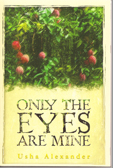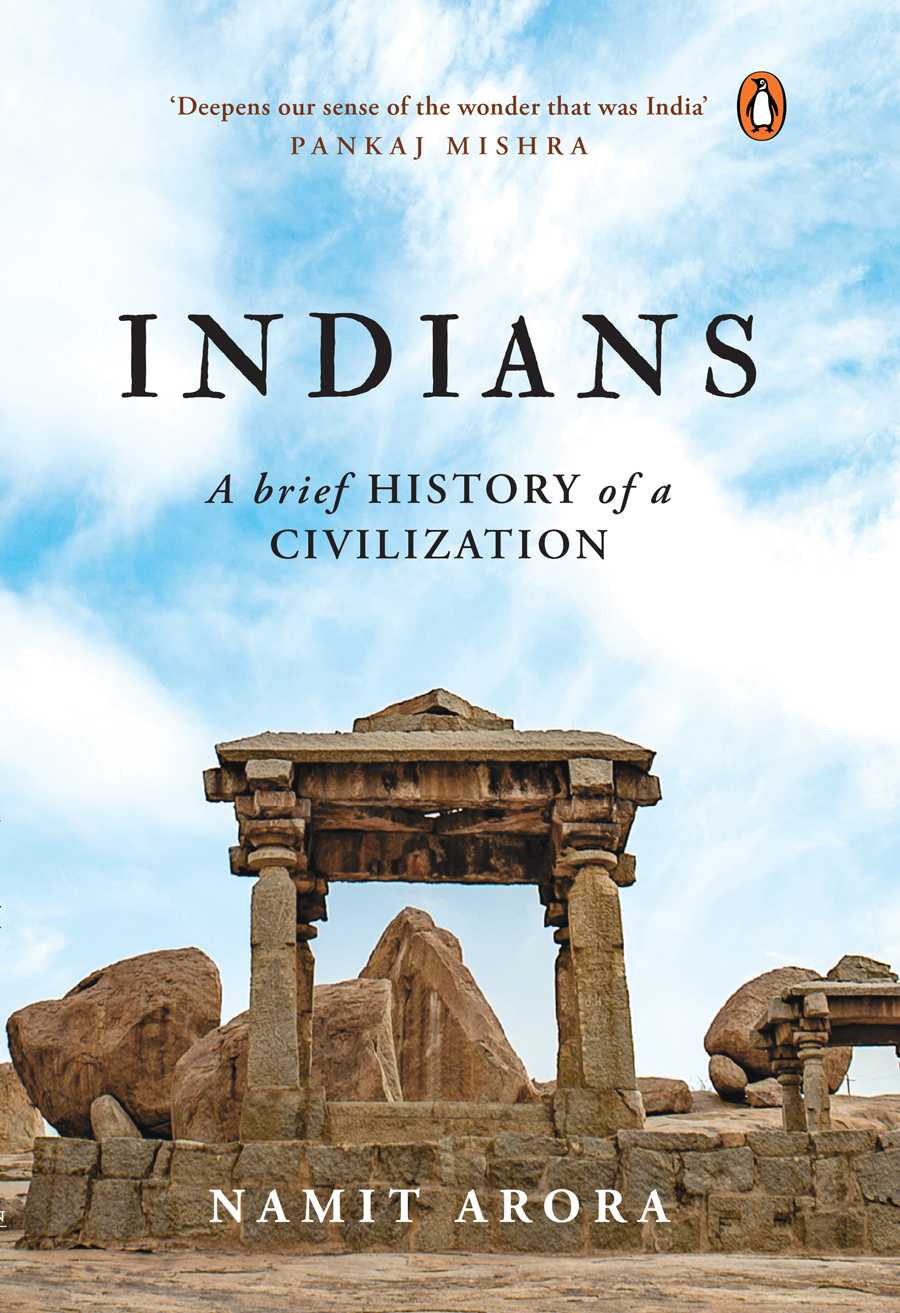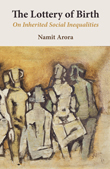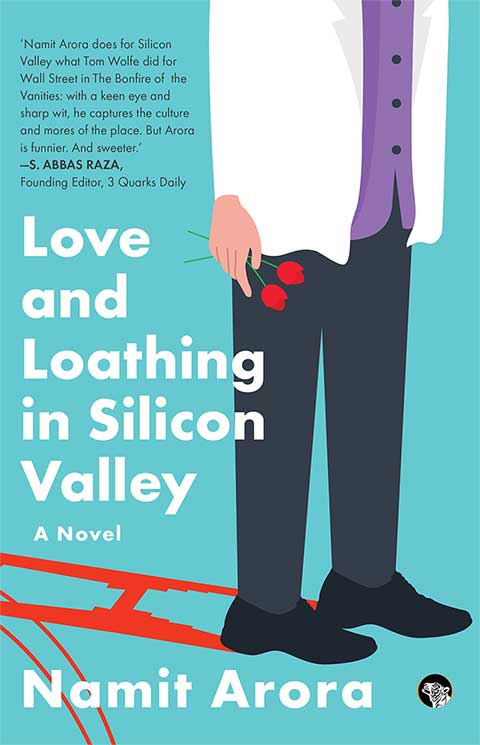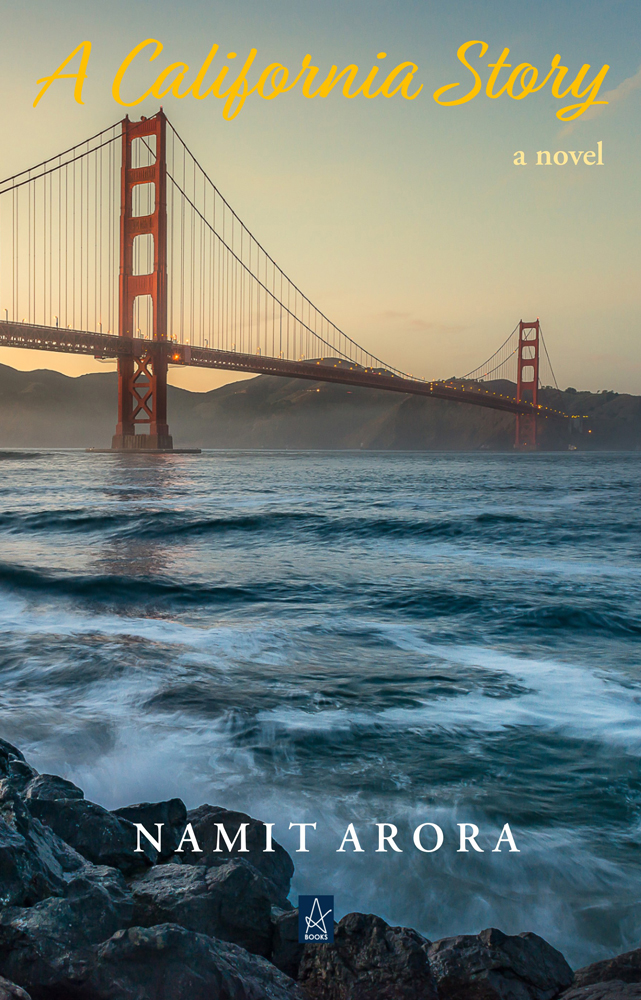| Index of articles from the Blog |
| Animals |
| Anthropology & Archaeology |
| Art & Cinema |
| Biography |
| Books & Authors |
| Culture |
| Economics |
| Environment |
| Fiction & Poetry |
| History |
| Humor |
| Justice |
| Philosophy |
| Photography |
| Politics |
| Religion |
| Science |
| Travel |
Books by
Books by
|
 |
Apr 1996
The Eternal City, Italy |
As
a boy growing up in central India, I attended Catholic school. Of the
teachers I remember well, one was a deceptively gentle looking nun, Sister
Corriene. She taught us history in grades four and five in the hour
following the lunch break and was obsessive about punctuality. This left
us just enough time to finish lunch, hurry over to the water cooler, and
dash back. The break was a de-facto ten minutes longer for other kids and
I used to resent that. Once, due to some reason I can't recall, I
arrived late. I hated this largely because all eyes, including those of
the prettier girls, turned towards me with a look of mischievous pleasure
that comes when one runs into unexpected entertainment at someone else's
expense. Sister Corriene invoked her usual punishment and that day I stood
at the back of the class for twenty long minutes, facing the wall and
staring at a faded poster, the bottom of which read, 'The Pantheon,
Rome.'
§
Many years later, last October, after completing a short assignment in Paris, I went to Italy for a three-week vacation. I took an overnight train to Rome; after all, what better place to begin than in this city of ancient and modern superlatives, the eternal city. At night, as the train thundered through southern France, I browsed through Luigi Barzini's, The Italians. In this classic study he considers the reasons for the fatal charm of Italy. He speculates, 'People still come as they came for centuries because they are attracted by a certain quality in Italian life ... the pleasure of Italy comes from living in a world made by man, for man, on man's measurements.'
It was in Rome that Henry James came alive with, 'At last - for the first time - I live!' and Goethe, after leaving behind Weimar, a dull job and a stultifying relationship with a much older woman, wrote, 'I now realize all the dreams of my youth.' Countless others fell prey to the lure of Rome, its inducements to creativity, its intellectual ferment, its delightful freedom and its tolerance. It prompted Lord Byron to write,
Oh Rome! my country! city of the soul!
The orphan of the heart must turn to thee,
Lone mother of dead empires!
By the end of the eighteenth century, Rome, and Italy in general, had acquired another reputation - a place for romantics, overheated passions and scorching souls. A lovelorn poet likened it to 'a mistress who resists the poet's courtship and lures him away from his mother country.' An elated, gushing Lord Byron poured more energy into it when he wrote to friends in London:
I have fallen in love ... fathomless love. My goddess is only the wife of a Merchant of Venice . pretty as an antelope, is but two and twenty years old, has the large, black oriental eyes, with the Italian countenance, and dark glossy hair ... the voice of a lute and the song of a Seraph (though not quite so sacred), besides a long postscript of graces, virtues, and accomplishments ... But her greatest merit is finding out mine: there is nothing so amiable as discernment.
A Venetian girl, with large black eyes, a face like Faustina's and the figure of a Juno - tall and energetic like a Pythoness, with eyes flashing, and her dark hair streaming in the moonlight ...
and
then followed-up with a rousing couplet, advancing the dubious link
between climate and sensuality,
What
men call gallantry, and gods adultery, is much more common where the
climate is sultry.
Lured
by the promise of Rome, Shelly visited him after the failure of his first
marriage. He saw things rather differently, however, and in retaliation
perhaps, wrote a sobering account of Byron's love life:
The fact is that the Italian women with whom he associates are perhaps the most contemptible of all who exist under the moon, the most ignorant, the most disgusting, the most bigoted. Countless smell so strongly of garlic that an ordinary Englishman cannot approach them ...
Delicious
gossip for Victorian England. The fact however remains that it's easier
to build a list of famous authors who never visited Rome than otherwise.
The most curious case is of Lord Tennyson, who, legend has it, turned back
at Florence after realizing that his favorite brand of tobacco was
unavailable in Rome. Shakespeare too never visited although he depicted it
in one narrative poem and five plays.
Outside
Stazione Termini in Rome the next morning, I soon realized that my own
creative inspiration will have to wait as I made my way through crowded
streets and riotous traffic. I found a pleasant and modestly priced
pensioni with rooms around an open courtyard, checked-in and sat planning
my sightseeing. The Roman Forum and Palatine, Colosseum, Circus Maximus,
the Pantheon, Vatican City, countless museums, piazzas, fountains,
temples, arches, palaces. It seemed overwhelming, such monumental remains
of life and mind and I only had a week! I set out to explore the city. The
day was bright and blue, and warm.
§
Other
Italians, apparently, are not too fond of the Romans. The motto of the
city, SPQR, stands for Senatus Populusque Romanus (the Senate and the
Roman people). Many Italians, in an attempt to deflate Roman pride, think
of it as: Sono Porchi Questi Romani (what pigs these Romans are).
By the end of the fourth day, I'd explored most of the historical center of Rome. I'd walked along the Tiber, gotten lost in the narrow alleys of Trastavere, marveled at the Colosseum by moonlight, and wandered through the woeful remains of the Roman Forum, referring to which Joyce wrote in 1906, 'Rome reminds me of a man who lives by exhibiting to travelers his grandmother's corpse.' I'd seen street performances, sampled all modes of transportation, dozed off on a park bench, spent long hours on colorful Piazzas, feasted on fine food and local wines at several trattorias and ristorantis, talked to waiters, souvenir sellers, and fellow travelers. I felt in love with the uncommonly vibrant spirit of Rome.
By
now, though, I also felt quite saturated with museums and art treasures
and they refused to make further dents in my brain. Earlier in the day, I'd
visited the Sistine Chapel, overcrowded with affluent Japanese tourists.
After dinner and on my way back to the pensioni, I thought of a painting
that had actually amused me. It portrayed St. Peter, down on his knees
before Jesus, both with benign expressions, a halo around their heads and
a small band of plain and meek looking followers in a very unearthly
setting. Jesus was handing over the keys to the gates of Heaven to St.
Peter. What I found amusing was that the two keys looked so conventional,
quite like the keys to our house back in India.
That
night I read a passage from a letter written by Virginia Woolf in 1927.
I don't know why one feels it to be so much superior to other cities - partly the color I suppose. It is a perfect day; all the flowers are just out, there are great bushes of azalea set in the paths; Judas trees, cypresses, lawns, statues, among which go wandering the Italian nurses in their primrose and pink silks with their veils and laces and instead of being able to read Proust, as I had meant ... I find myself undulating like a fish in and out of leaves and flowers and swimming round a vast earthenware jar which changes from orange red to leaf green - It is incredibly beautiful - oh, and there's St. Peter's in the distance; and people sitting on the parapet, all very distinguished, the loveliest women in Europe, with little proud heads ...
§
Next
morning, I headed straight to the Pantheon. My guidebook proclaimed it to
be 'the most perfectly
preserved monument of the ancient world', 'the largest vault ever
constructed in masonry', 'the most important achievement of ancient
Roman architecture'. The inscription on the
architrave of its impressive portico, 'M - AGRIPPA - L - F - COS - TERTIUM - FECIT' refers to a temple erected by Marcus Agrippa, son in law
of emperor Augustus in 27 BCE but the present structure was built by
emperor Hadrian in early 2nd
century CE. In Marguerite Yourcenar's fictional Memoirs
of Hadrian (1951), the emperor explains,
It mattered little to me to have my name recorded on this monument ... On the contrary, it pleased me that a text of more than a century ago should link this new edifice to the beginnings of our empire ... Even in my innovations I liked to feel that I was above all a continuator.
The
pagan temple survived the middle ages largely due to its consecration in
609 CE to the Virgin and to the Christian Martyrs. The temple, or the
church, depending on your point of view, lies on the south side of the
Piazza della Rotonda in the center of which stands a large obelisk
surrounded by gargoyles. Around it and along the other three sides are now
fashionable tourist establishments: open-air trattorias, ice-cream
parlors, and cafes. The Piazza was once famous for its fishmongers and
sellers of exotic caged birds. One guidebook described the Piazza as
'. worthy of Fellini. Half naked beauties, pick-pockets, street
hawkers, introverts, extroverts, freaks and oddities of every ilk heap
abuse on each other in an irresistible, spontaneous commedia dell'arte.'
After checking out the interior of the Pantheon, I settled down at a table
on the Piazza and asked the elegantly dressed waiter for a caffe latte.
I
saw no half-naked beauties but there were street hawkers and one
approached me soon enough.
'Signore,
speak English?'
I
nodded. He was a middle-aged man, short and heavy and carried a light
wooden frame about three feet high and two feet wide from which hung
little squeeze balls meant to be twisted into familiar shapes (ducks,
pigeons, etc.) and calendar-art images of goofy looking cherubs flying
around the Virgin's smiling face.
'Where
you from, Sir?' His accent seemed to belong to the Indian sub-continent.
'Oh,
you from Indi-yaa! Happy to meet. I from Bangladesh!' He shook my hand
vigorously. 'Few tourist come from India here,' he said, with a
downward motion of his index finger. 'Happy to meet.' With a broad
self-satisfied smile he shook my hand again. 'Where you from in India?'
'From
Gwalior, near New Delhi. And you?'
'I
from Dacca. I come four year back. No job in Dacca, no money. I am BA
pass, Pharmacy. BA pass,' he said waving his palm at me. 'No job in
Dacca. More money to sell this,' he pointed at his wooden rack.
'Is
your family here?'
'No,
in Dacca. Wife, three girls - sixteen, thirteen, ten year. They going to
school. I send money for all.'
'Are
there many Bangladeshis in Rome?'
'When
I come, I not see many. Now I see many. All here for job and money. I live
in room with three fellows from Dacca. Here, many Indian also like that.'
He waved his arms a lot while talking.
I
invited him to sit on the chair across from me. He hesitated, then looked
at the waiter a few steps away who stared at him coldly. Only when I
repeated my offer did he sit, leaning the rack against the table.
'Do
you speak Italian?' I asked.
'Only
little. I learn on thee street. Now I teach thee new fellows.' He
paused, then asked, 'you have wife?'
'No,
I'm not married.' He seemed visibly disappointed. Leaning close to me
he said, 'You like girls here? They very nice but they not like us. They
tell we not from here and we make trouble. It is true. They not knowing
about us and we not thinking like them.'
He
seemed restless and kept shifting around in his chair. I asked him if he
wanted some coffee. He seemed to be of two minds so I asked the waiter to
get one for him as well. 'Do you like it here?'
He
thought for some time, then waving his palm at me again said, 'you see-eeee,
I come here for money. I get money so I like here. People very nice. They
let aas live here. We different from them but they don't worry. They
leave aas to live and don't worry. It is their country, you see-ee. When
I go to Dacca, not possible returning. So I not go for four year.' He
exchanged greetings with another man in the Piazza, selling similar wares
mounted on a similar rack. 'That young fellow come last year. Also BA
pass. Bio-logy. I teach him talking and selling and buying and cooking
also. He make money now and he feel happy. Now he tell he only want
beautiful wife.' He let out a short giggle.
'Dacca
not like here. We more poor but we know all thee people. It is our
country. We feel for thee country, yes? Many young fellows from Bangladesh
not like it. But I like. My father living when I leave, now he is finish.
He want me to not leave, but I not listen. No job in Dacca. I have three
daughter, no son. I pray to Allah every time for him to rest. Now I hear
Bangladesh having many jobs and also money.'
'How
did you come here?' I asked.
He
looked around in a theatrical manner then leaning close to me again said,
'You I trust so I tell. I not legal. I go to Yugoslavia then come here
in boat. From this year when they find, they send us back. So I not tell
anyone. Even hospital is danger. When we sick we not go and care for each
other.'
The
waiter brought the coffee, graciously smiled at me and left. 'Do you
miss your family in Dacca?'
That
seemed to trigger something within him for his eyes misted over. 'I
think of them every time. My big daughter only twelve when I leave. Now
sixteen and ready for marriage. I go back next year with money to marry
her. And never leave. Bangladesh my country.' He became somber, gazing
absent-mindedly at the gargoyles. Then, as if trying to change the topic,
said, 'you know about this?' pointing to the Pantheon, 'old temple,
now become church. Inside very nice, made of marble but big hole in roof,
many old statue also. You see it? I pray at home only, I am Muslim. You
Hindu?'
'You
know Trevi Fountain? That side, two minute walk. Last year, you know,
Amitabh come with Hema Malini to shoot. I go and stand in front. I write
to my three daughter to see thee film. Two year before, Raj Babbar come to
shoot with a new heroine. I go and stand in front.'
'How
many days you here? Two more. Come to my home. My telephone is
tu-tu-five-six-four-tu. You remember? tu-tu-five-six-four-tu. Dacca, we
not have phone so I not talk to my wife and daughter. Four year. Come to
have food. You miss food? I make you Indian curry, fish curry. You like
fish curry?'
'Happy
to meet. Come to my home tu-tu-five-six-four-tu.' Quite abruptly he
shook hands with me and left.
A
group of elderly German tourists, overwhelmed by their first sight of the
Pantheon, were just entering the Piazza. I saw him follow them around,
squeeze ball in hand and softly repeating, 'Signore, speak English?'
Like all destinations, Rome too leads a double existence: one in reality, another in the imagination, battling, sustaining and nourishing each other. A traveler's Rome has always depended at least as much on his own past as on the Roman present. In London, I once came across a travel bookstore's advertisement: Aldous Huxley said, 'for every [discerning] traveler ... the most useful guidebook will be the one which he himself has written.' We stock the second best.
NB: This article was published as
Rome isn't just for
Romans in
Travelmag, Jan 2005 (title chosen by the editor).
Designed in collaboration with Vitalect, Inc. All rights reserved. |
|




